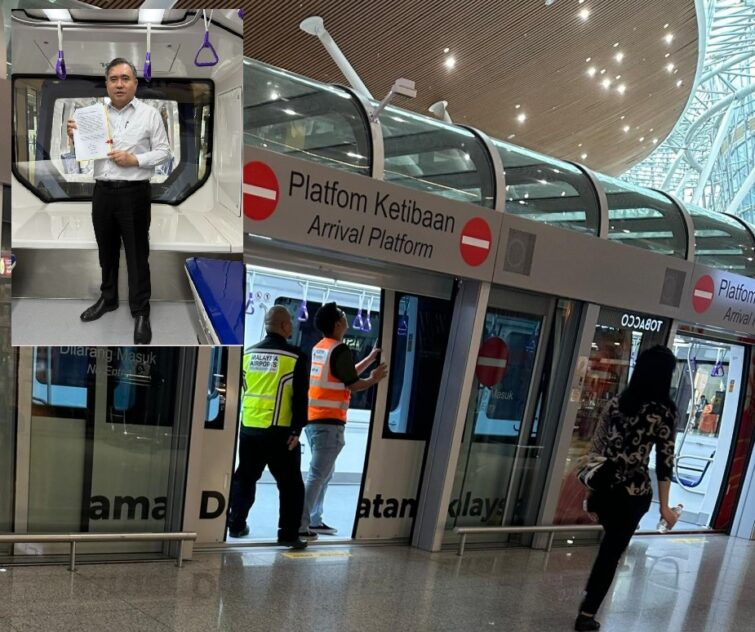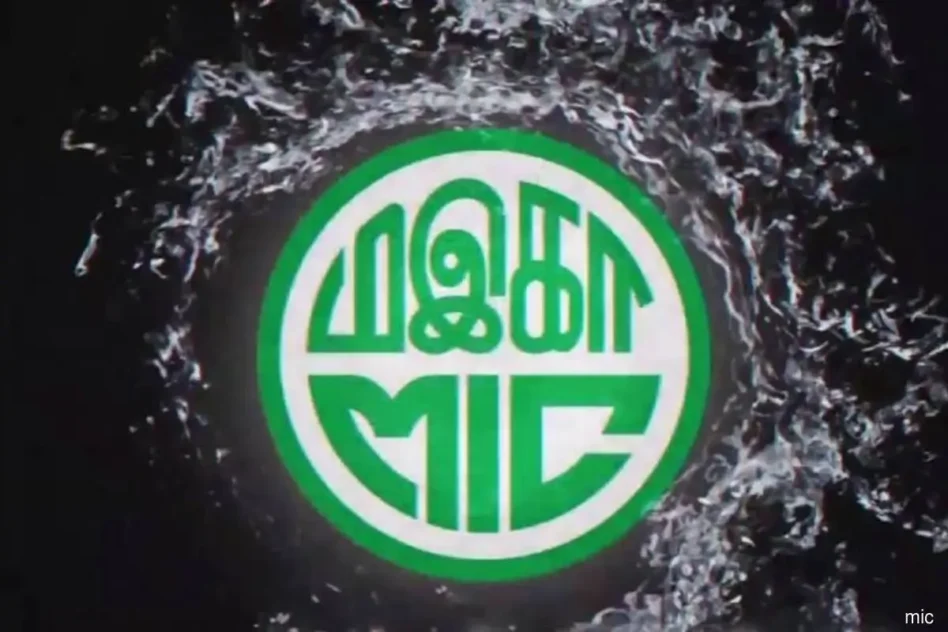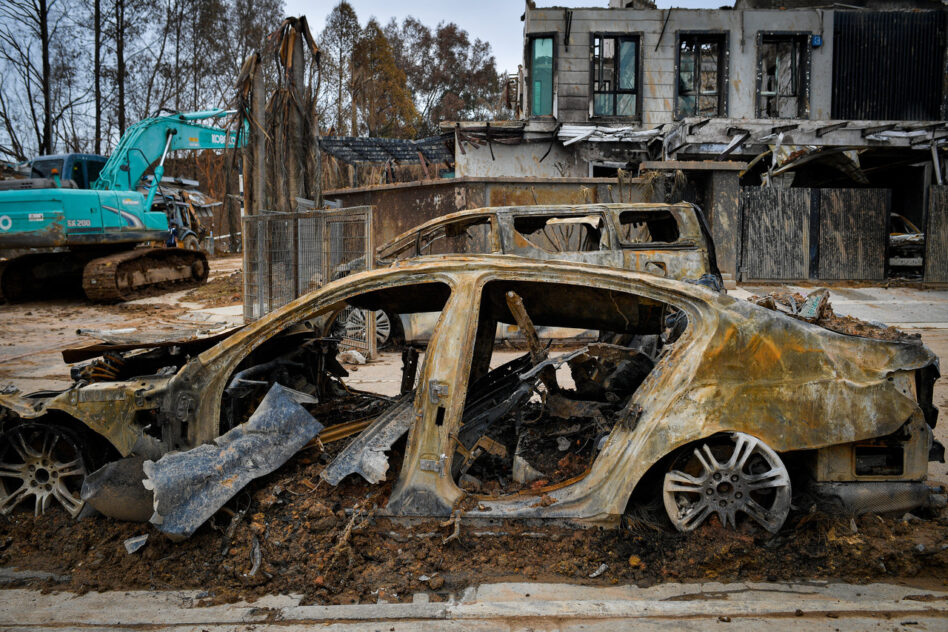A brand is a promise, a brand doesn’t live in some advertisements or in a website, it lives in consumer minds. Thus, branding is the process of manipulating consumer beliefs and perceptions, towards a more accurate and representation of what business owner wants its brand to be.
Why do companies spend millions on advertising and marketing every year? Because it is worth spending millions of dollars just to get in front of hundreds of thousands of potential buyers and stand out among the other brands. Also, branding is not a one-time thing. Consistent branding is very crucial for companies as it helps to create awareness (of the brand).
According to Kantar Media, total US ad spend in 2018 reached US$151 bil, a 4.1% increase over the previous year with Procter & Gamble remained the top advertiser for 2018, increasing spend by 4.7% to reach US$2.9 bil.
Based on data from Statista, the US outspends all other countries on advertising in 2019 with US$197.47 bil. The next highest country is China which spent US$79.08 bil on advertising.
In 2020, brands are enduring relentless waves of crisis due to the pandemic. Branding provides a promise to customers, however during this tough time, that promise is likely to change. Having said that, companies that don’t evolve in their branding are likely to suffer in the long run, especially post-pandemic. This is as, brands that have an enhanced presence during a crisis, such as this pandemic, will be the ones to stand out post-recovery.
“In times of crisis, consumers take notice of brands that ’stand by’ them and show that they care. Inadvertently, such brands secure customer confidence and loyalty,” said president of International Advertising Association Malaysia (IAA Malaysia) John D Chacko said, adding that this is the case with both multinationals and SMEs.
Additionally, the Edelman Trust Barometer 2020 concluded that 60% of people are turning more to brands they trust, especially in times of crisis.
“Besides generating economic value, brands play a critical role in fuelling economic recovery through innovation, creativity and optimism. They convey the source, quality and authenticity of products and services while representing pride, passion and trust, amongst others,” Chacko added.
For example, AirAsia, which has become the pride and joy of Southeast Asia and Malaysian consumers over the decade is a stellar example of brand pride. Despite the airline and tourism industries were harshly affected by the pandemic last year, Airasia never let that deter its vision.
“The natural entrepreneurial mindset that’s ingrained in the business has allowed us to be a step ahead in ensuring all the building blocks were in place for moments exactly like this where we are ready to constantly evolve, taking for example going from in-flight food to restaurants in malls, and now food delivery,” Air Asia Group’s chief brand officer Rudy Khaw pointed out.
Besides that, for brick-and-mortar businesses to gain customers’ trust, particularly with the Millennials and Gen Z, can prove to be an arduous task even for brands that have been established over the decades.
“This is an era of brand fragility. Where brands no longer need to be built over time and can equally be destroyed overnight. What’s important is for brands to be genuine,” former Group Chief Marketing Officer, CIMB and Maybank Adam Wee
Meanwhile, JTI Malaysia corporate affairs and communications director Azrani Rustam pointed out that while brands have a significant role to play at a time when economies need rebooting, brands and brand owners need to be protected against challenges and threats that impact innovation and erode brand equity.
“In times of economic crisis, there will be a natural threat to brands whereby consumers will compromise brand power for value, which could be manifested in the demand for cheap illegal products,” he further elaborated.
“There is a need to protect brands against threats as it affects the larger economic contribution of investments and jobs, should companies pull back on resources invested in developing brands.” – Jan 10, 2021









